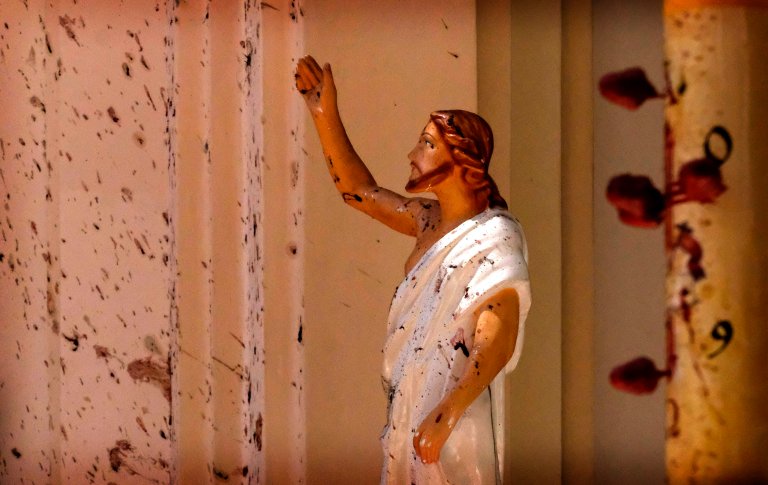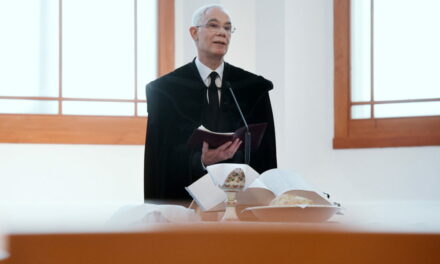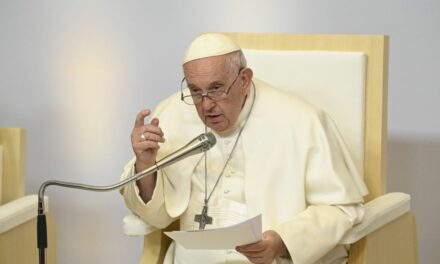Restrictions on religious freedom are seriously increasing around the world, 67 percent of humanity lives in countries where this phenomenon is typical, stated the international Catholic aid organization Kirche in Not (Kirche in Not) in its report presented in Warsaw on Tuesday.
According to the document, "very serious" violations of religious freedom have been found in 62 countries of the world, with a total population of nearly 5.2 billion people. Almost half of the mentioned states are located in Africa. In addition to Nigeria in West Africa, the persecutions are the most serious in four Asian countries: China, India, Pakistan and Bangladesh, the report shows. Compared to the last report on the topic in 2019, the situation has worsened significantly in 22 countries, and only nine have found some degree of improvement.
Among other things, religious freedom is limited by extreme Islamism, which has moved from the Middle East to African countries. In forty-two states, those who convert from the Islamic faith to Christianity face serious retribution, Father Waldemar Cislo, director of the Polish branch of the Church in Need, pointed out at the presentation of the report.
Father Cislo also addressed the spread of religious-based persecution in Europe, pointing out, for example, that in France in recent years the number of attacks on Christian places of worship has increased by 90 percent, and in Germany, more than 2,300 attacks were committed against members of Jewish communities last year.
The report also points out that international jihadist networks in the West use cyber technology to recruit and radicalize their followers, as well as to commit terrorist acts.
At the same time, the West also rejects those state restrictions that help radicalization, for example religious education in schools that promotes the peaceful coexistence of religions, which is being pushed out of the curricula in more and more countries, he states.
The report also points out that in many places, religious minorities are accused of spreading the coronavirus epidemic, for example in China, Turkey, Pakistan, Egypt and Niger, exclusion based on previous prejudices in the areas of medical assistance and food supply, among other things, strengthened during the epidemic.
The epidemic had serious consequences in the field of human rights and freedom of religion, for example in China, the practice of religion was restricted, and websites broadcasting ceremonies were also blocked.
The authors of the report believed that restrictions on religious observance in the United States and Spain, among others, were disproportionate to the regulation of economic or recreational activity.
The Islamist terrorist organizations, al-Qaeda, the Islamic State, and Boko Haram, framed the epidemic as a stroke of God on the "decadent West," and the radicals used the pandemic in many areas to regroup, arm themselves, and build new structures, the aid organization's report pointed out.
MTI
Cover photo: The wall behind a statue of Christ in the St. Sebestyén Catholic Church in Negombo, which was damaged by an explosion, is bloody on April 21, 2019, Easter Sunday. Photo: MTI/EPA













